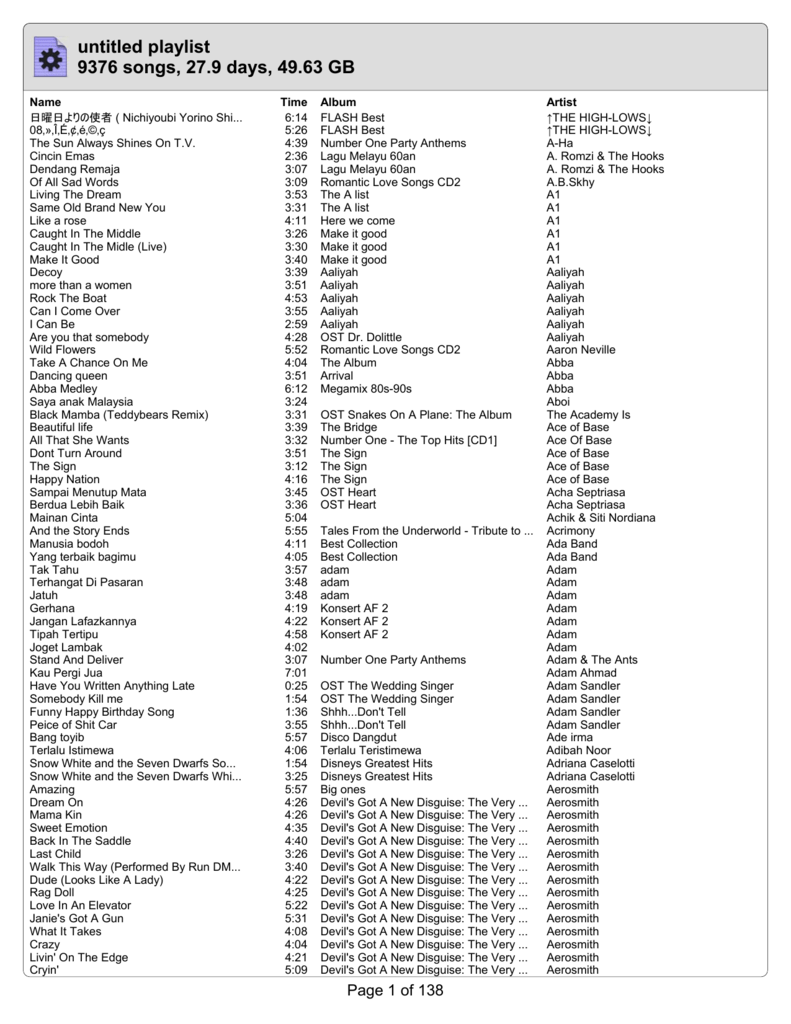

Every stupid line - “Don’t eat Skippy, Jif, or Peter Pan” - became something to scream at the top of your lungs. He didn’t rap in bars, he wrapped in hooks. But if you put on a Method Man song, almost any Method Man song - especially anything off Enter, Tical, Wu-Tang Forever, and Blackout! - I’d be able to rap every line.īlessed with one of hip-hop’s greatest voices, Meth used his rasp to squeeze the most blunted charisma out of the most mundane lines. If you jumped me in a parking lot and asked me to rap my favorite Method Man line, I’d probably choke. “C.R.E.A.M.” was the hit “Method Man” was the anthem. In a group of rappers who played fast and loose with nicknames and identities, he was the one whose name would be an instantly recognizable song title. In the years after Enter the Wu-Tang, Raekwon would make better solo albums, Ol’ Dirty Bastard would become a larger cult hero, Ghostface would capture the imaginations of critics, and RZA would become known as the group’s de facto auteur. I don’t know if any rapper has ever been so magnetic, let alone while making that magnetism feel so natural. Meth was definitely the guy in Wu-Tang Clan who could lean back in his seat, stall a little bit, and smoke Greedo with a smirk on his face. “OK, I mean besides Meth, who is your favorite?” To celebrate the group’s debut - which launched a swarm of solo careers, a hive of affiliated artists, a clothing line, a loose philosophy of life, and a few terrible movies - we asked nine Grantland staffers to represent for their favorite member of the Wu, just as they did back in ’93.Ĭhris Ryan: Back when Wu-Tang got big, saying Method Man was your favorite Wu-Tang Clan member was like saying Han Solo was your favorite thing about Star Wars. Mystical, lyrical, fantastical, aerobic, hysterical: They were an evolutionary flock of young guns with old souls. The album was crafted in a dojo in Staten Island, New York - better known as Shaolin - by a nine-man collective (sorry, Cappadonna) with a staggering amount of talent, and it was released into the world on November 9, 1993. Tomorrow marks the 20th anniversary of one of the most important cultural documents of a generation: the Wu-Tang Clan’s Enter the Wu-Tang (36 Chambers).


 0 kommentar(er)
0 kommentar(er)
